
Fractured Trust
Montana’s tribes find hope during the
chaotic first 100 days of Trump’s second term
Introduction
President Donald Trump released his 2026 budget proposal on May 2, which included more than $163 billion in cuts, including cuts to programs that directly affect Indigenous nations. Some of the more noteworthy cuts include more than $600 million from the Bureau of Indian Affairs.
This budget proposal will very likely go through months of debate, negotiations and revisions, if not a complete overhaul, before it is ever approved. This could be seen as a precursor that could further weaken the federal commitment the nation’s leaders made in the treaties it signed with Indigenous nations.
The 2025 Montana Native News Honors Project explores the uncertainties faced by Montana’s tribes in the first 100 days
of Trump’s second term. The stories highlight the unique, and direct, relationship that Indigenous nations have with the federal government, which makes these communities particularly susceptible to the actions of the U.S. President.
While Trump’s proposed budget would cut $187 million from the Bureau of Indian Education, the Chippewa Cree tribe on the Rocky Boy’s reservation is planning its next move to keep schools afloat.
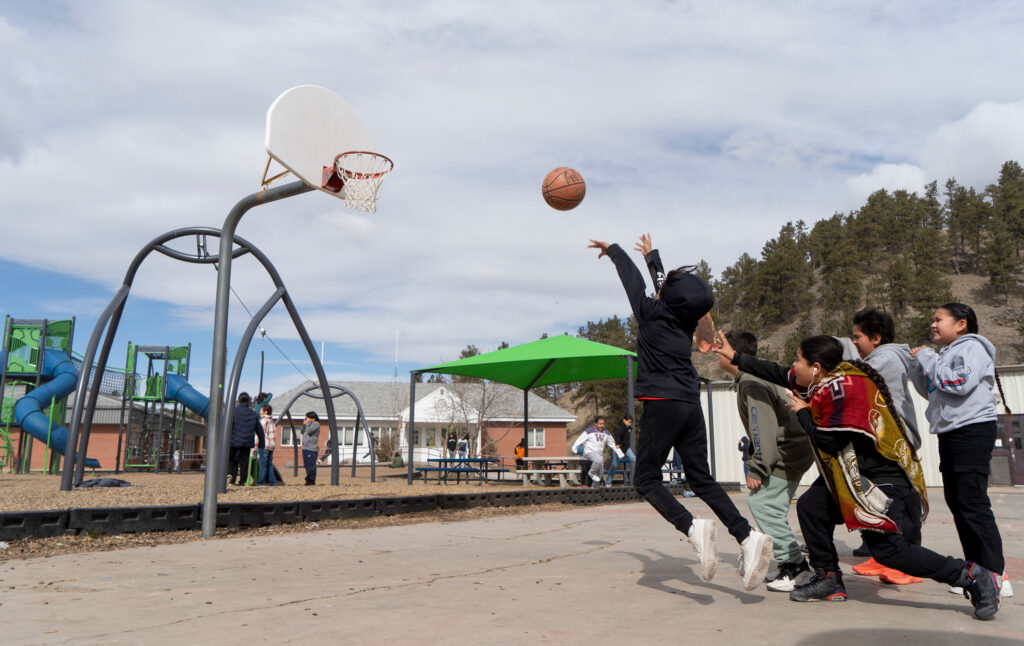
protecting education
Amid constant federal changes, the Chippewa Cree tribe on the Rocky Boy‘s Indian Reservation must navigate the future of funding for its schools
CHIPPEWA CREE
The Crow tribe is navigating the proposed $1 billion cut to the National Park Service, that threatens cultural preservation by restricting access to resources vital to traditional practices.

The Little Shell Tribe of Chippewa Indians is working to make itself financially independent from the federal government by exploring economic development amid a proposed $624 million cut to economic development programs, including the Minority Business Development Agency.
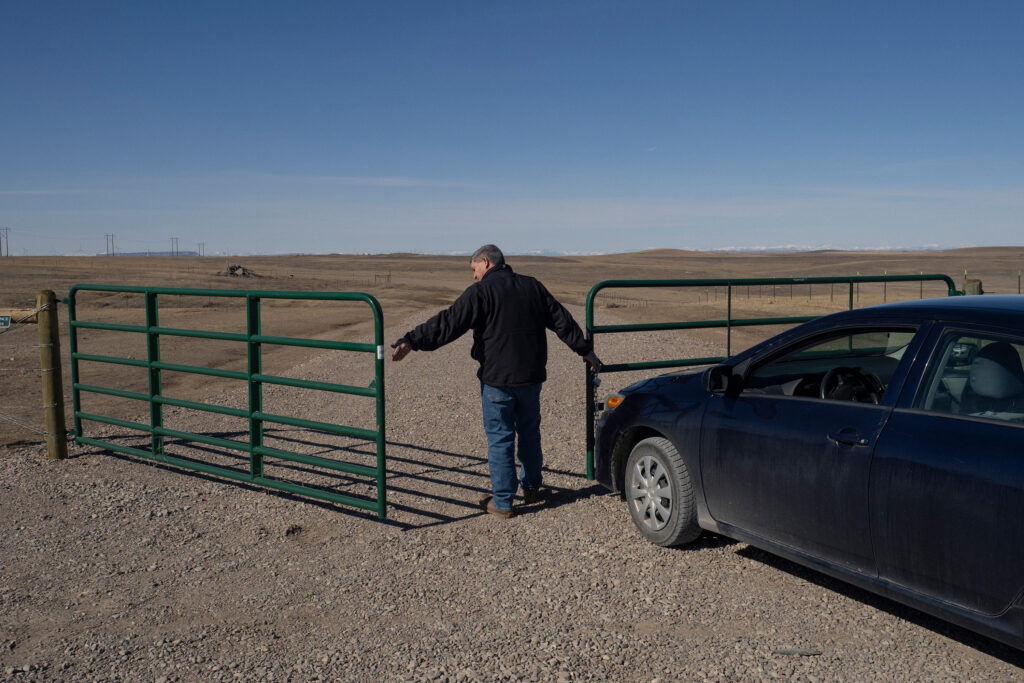
STANDING ALONE
The Little Shell tribe seeks self-sufficiency
through economic development
Little Shell
On the Blackfeet reservation, families are fighting for their dream of homeownership amid a slew of red tape and a complex legal environment that is likely to be exacerbated amid Trump’s proposed $28 billion in cuts to various housing and urban development programs.
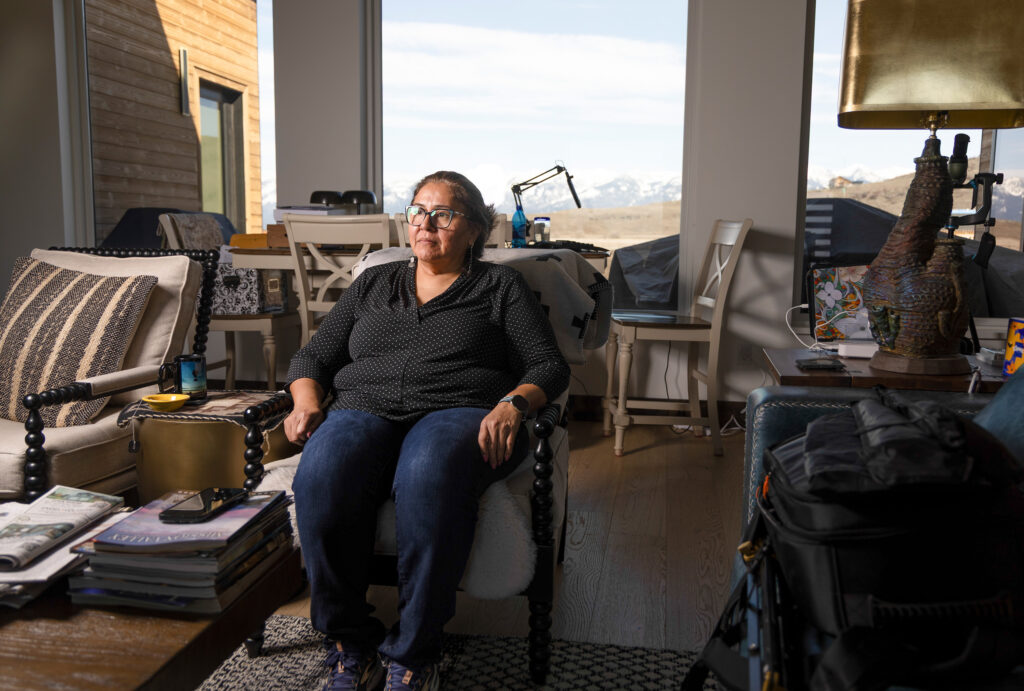
A complex white picket fence
The ‘red tape’ surrounding Indigenous homeownership on the Blackfeet Indian Reservation worsens under Trump’s administration
BLACKFEET
While Trump’s budget seeks to cut about $1 billion from mental health programs, reporters on the Flathead and Fort Peck reservations looked at well-being among tribal members. On the Fort Peck reservation, political harassment and violence have increased since the election, leading to more division in the community.
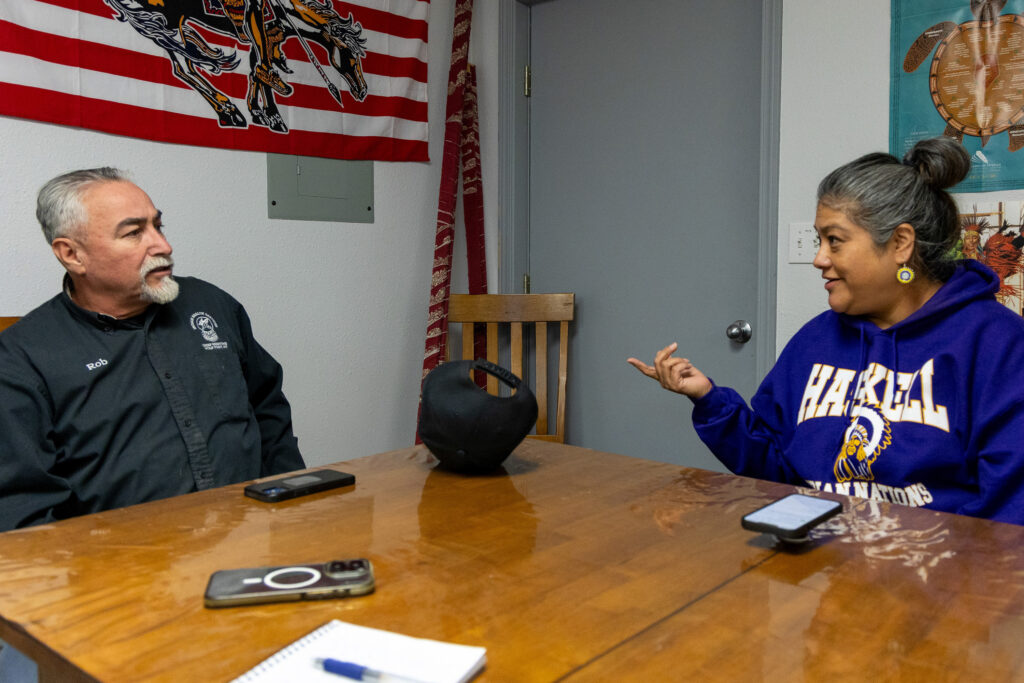
A Deeper divide
The mental toll of rising polarization on the Fork Peck Indian Reservation
FORT PECK
On the Flathead reservation, Native youth are working to support each other and shape their future independently from the federal government.
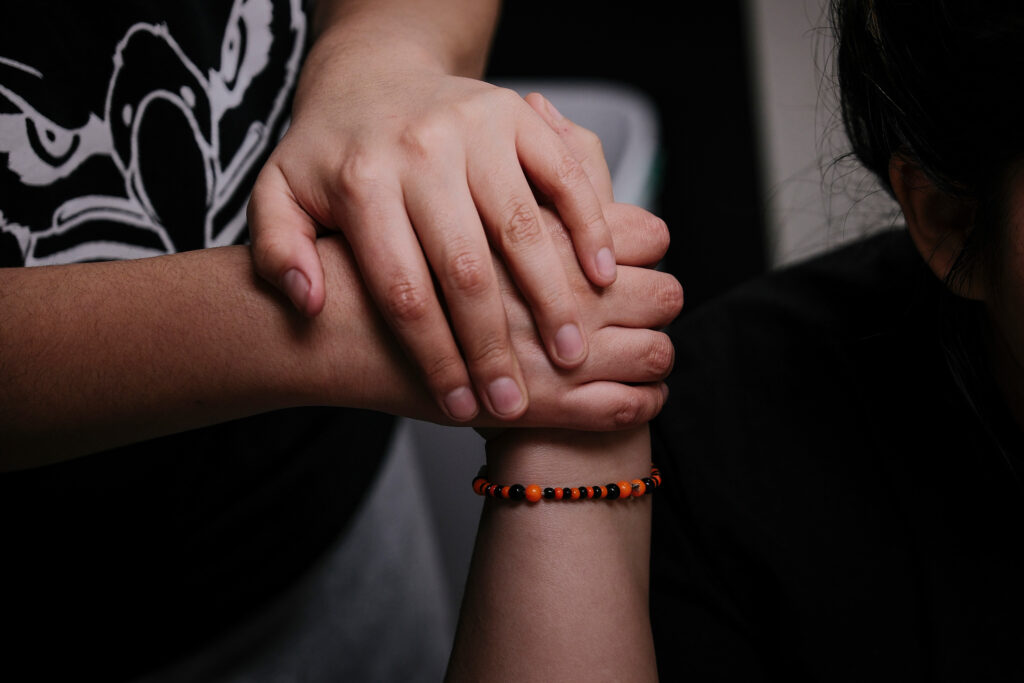
The Northern Cheyenne community is working to address the Missing and Murdered Indigenous People crisis, which is facing fallout from the proposed $107 million cut to the public safety and justice program under the BIA.
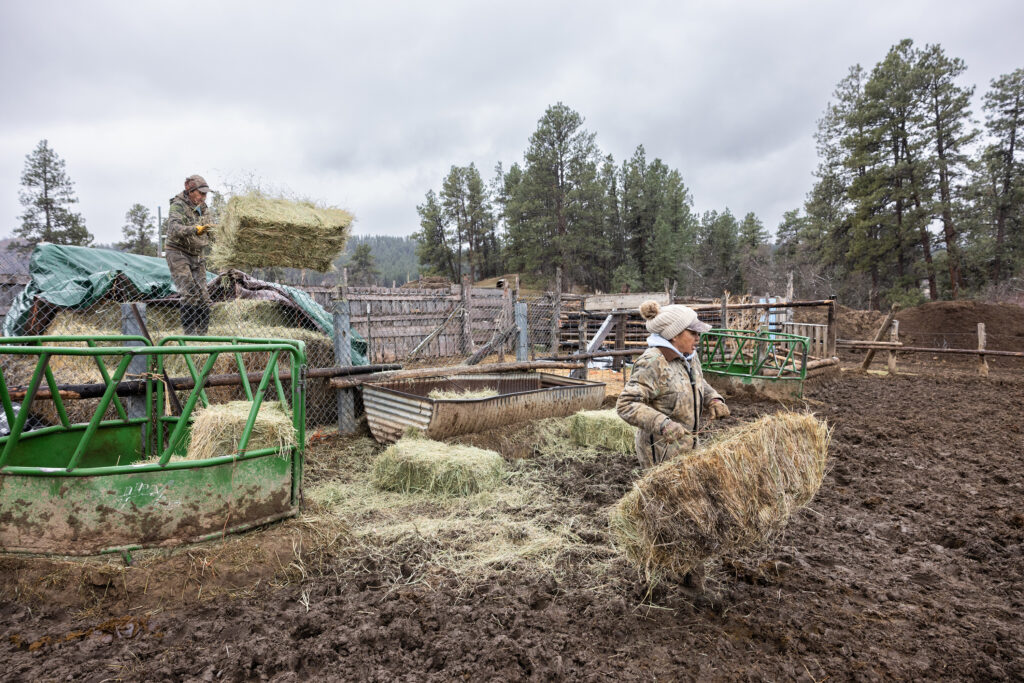
SEARCH FOR SURVIVAL
The Northern Cheyenne tribe creates local solutions to save its people and future from the MMIP crisis
NORTHERN CHEYENNE
From the Fort Belknap Indian Reservation, an elder man is coming to terms with his reliance on social programs, which are under threat of reduction or elimination.

During Trump’s first 100 days in office, Montana tribes have both shared experiences and faced unique challenges. This project captures a moment when there is much uncertainty about what the future will hold. In the ever-shifting landscape of federal policy, Montana’s tribes are asserting their sovereignty and adapting to the unknown before them.
***

Download PDF version
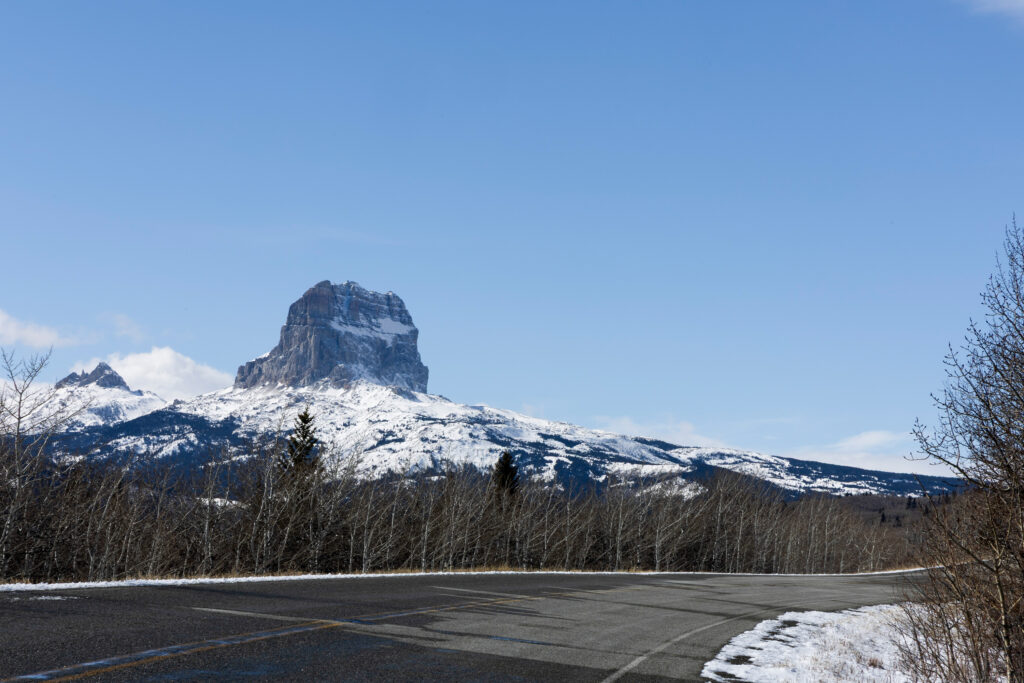
Acknowledgments
The Native News Honors Project is reported, photographed, edited and designed by students at the University of Montana School of Journalism. This is the 34th annual edition.
The team appreciates the advice received from Nora Mabie, Indigenous affairs reporter at the Montana Free Press and Kristina Lucero, director of the American Indian Governance and Policy Institute at the University of Montana.
Funding support for the 2025 publication and the multimedia website came from the UM School of Journalism.
We also appreciate Hagadone Media Montana for working with us to make this publication possible.
If you have comments about the project, email Jason Begay and Jeremy Lurgio at nativenewsproject@gmail.com or write to Native News, School of Journalism, 32 Campus Drive, Missoula, MT 59812.
We’d love to hear from you if you enjoyed or have thoughts about the Montana Native News Project.